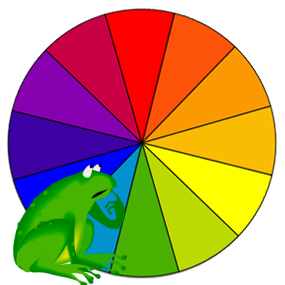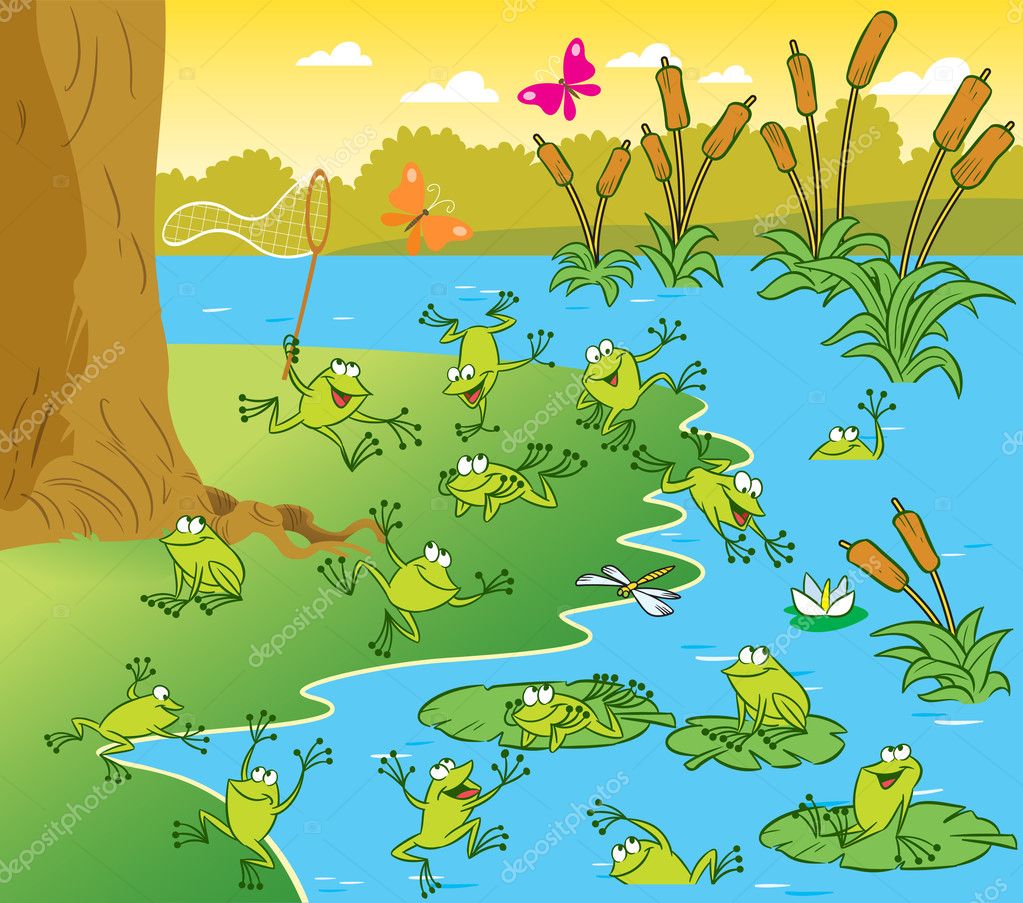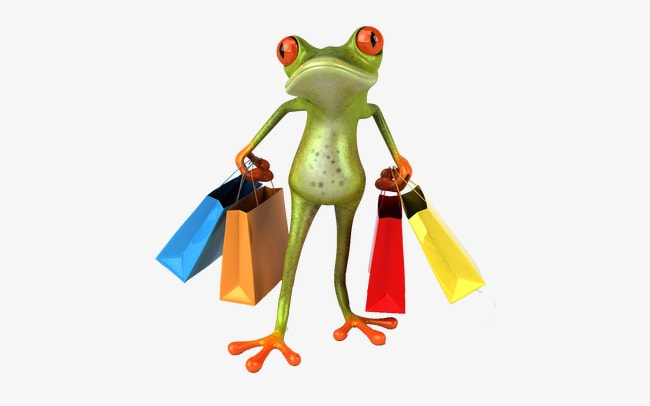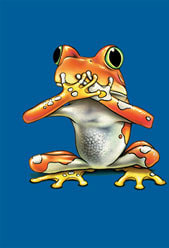December
1. National Pie Day, National Eat a Red Apple Day, Bifocals at the Monitor Liberation Day, A Day With(out) Art, Rosa Parks Day.
2. National Fritters Day, National Mutt Day, Special Education Day.
3. National Roof Over Your Head Day.
4. National Sock Day, National Dice Day, National Cookie Day (yum!), World Trick Shot Day.
5. National Sacher Torte Day, Bathtub Party Day, International Ninja Day.
6. National Microwave Oven Day, Saint Nicholas Day, Miners Day.
7. Pearl Harbor Remembrance Day, National Cotton Candy Day, Faux Fur Friday (A great day to celebrate all year long!)
8. National Brownie Day, Pretend To Be a Time Traveler Day, Skywarn Recognition Day.
9. Weary Willy Day, National Pastry Day.
10. Dewey Decimal System Day, Human Rights Day, Nobel Prize Day.
11. National App Day, National Noodle Ring Day.
12. National Ambrosia Day, National Ding-a-Ling Day, Gingerbread House Day, Poinsettia Day, Chanukah begins.
13.National Guard Birthday, National Cocoa Day, National Violin Day, National Day Of The Horse, Pick A Pathologist Pal Day.
14. National Bouillabaisse Day, National Salespersons Day.
15. National Wear Your Pearls Day, National Cupcake Day, Bill of Rights Day, Cat Herders Day, National Wreaths Across America Day, Free Shipping Day.
16. National Chocolate-Covered Anything Day (I'm all for that!), Barbie and Barney Backlash Day.
17. National Maple Syrup Day, Wright Brothers Day.
18. National Answer the telephone Like Buddy the Elf Day.
19. National Hard Candy Day, National Oatmeal Muffin Day.
20. Mudd Day, National Re-Gifting Day.
21. Crossword Puzzle Day, Humbug Day, Phileas Fogg Win a Wager Day, Winter Solstice, National Flashlight Day, National Homeless Persons' Remembrance Day, National Ugly Christmas Sweater Day, Underdog Day.
22. National Date Nut Bread Day, Forefathers Day.
23. National Roots Day, Festivus (for all you Seinfeld fans), National Pfeffernusse Day.
24. National Eggnog Day, Christmas Eve.
25. Christmas Day, national Pumpkin Pie Day, A'Phabet Day (No L Day).
26. National Candy Cane Day, National Thank You Note Day, National Whiner's Day, Boxing Day.
27. National Fruitcake Day.
28. National Chocolate Candy Day, National Card Playing Day, Holy Innocents Day, Pledge of Allegiance Day.
29. National Pepper Pot Day, Tick Tock Day.
30. National Bicarbonate of Soda Day, Falling Needles Family Fest Day, Bacon Day.
31. National Champagne Day, Make Up Your Mind Day, No Interruptions Day, Universal Hour of Peace, Leap Second Time Adjustment Day, New Years Eve.
WOWZERS! That's a lot of great stuff to celebrate! As I head out for the weekend, I'll not only be doing a little Christmas shopping, I'll also be making a stop at the Land of Lily Pad Party Store for a few supplies. Now, all I have to do is decide which of these awesome days I want to celebrate this year. Whatever you do this weekend, stay safe and have some fun. I invite you back here again on Monday, but until then,
PEACE.










 RSS Feed
RSS Feed